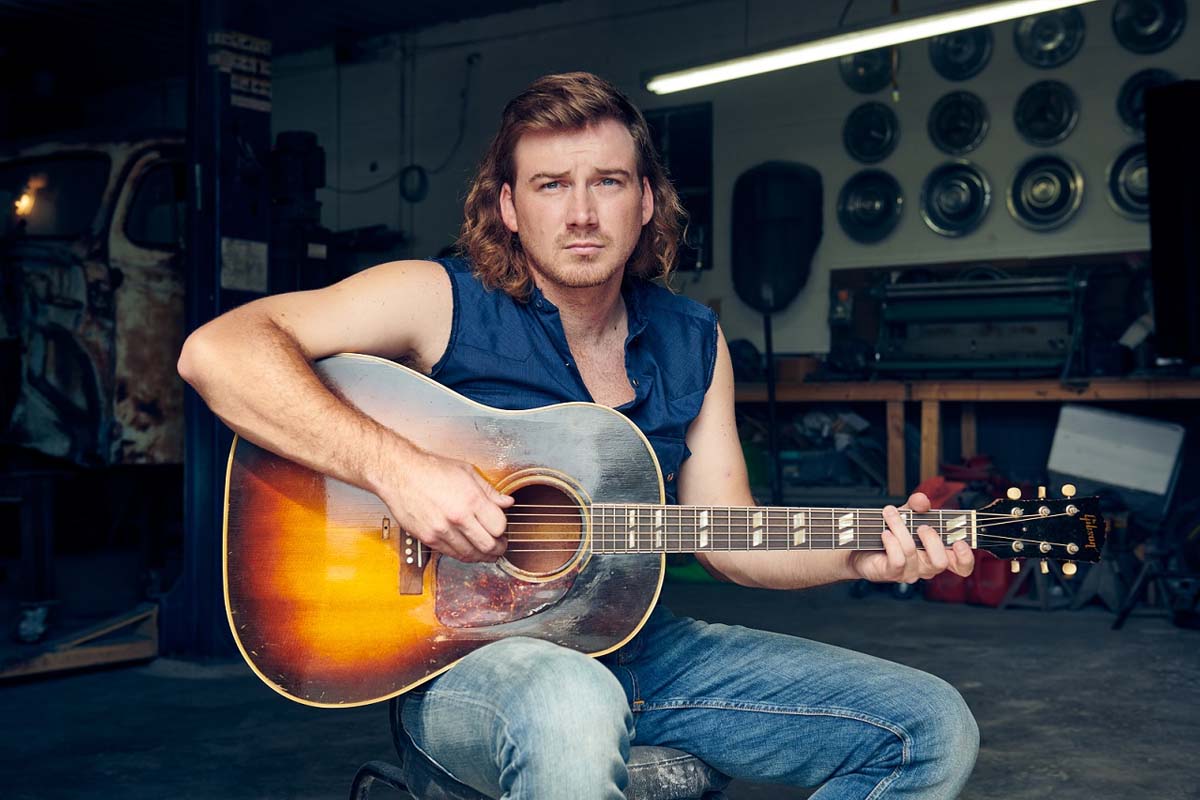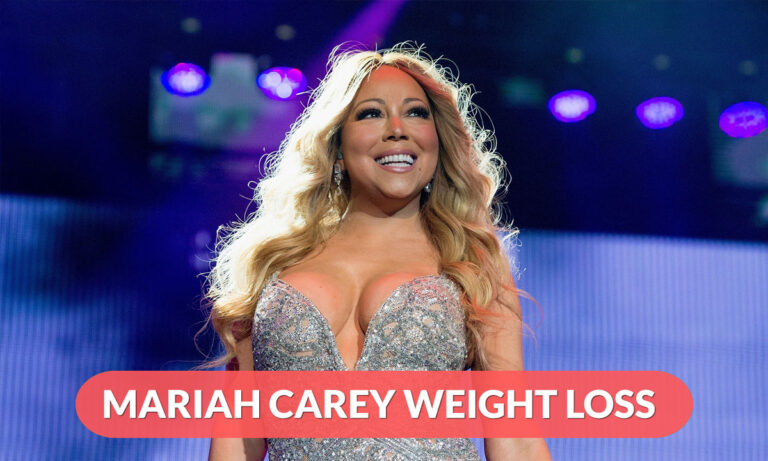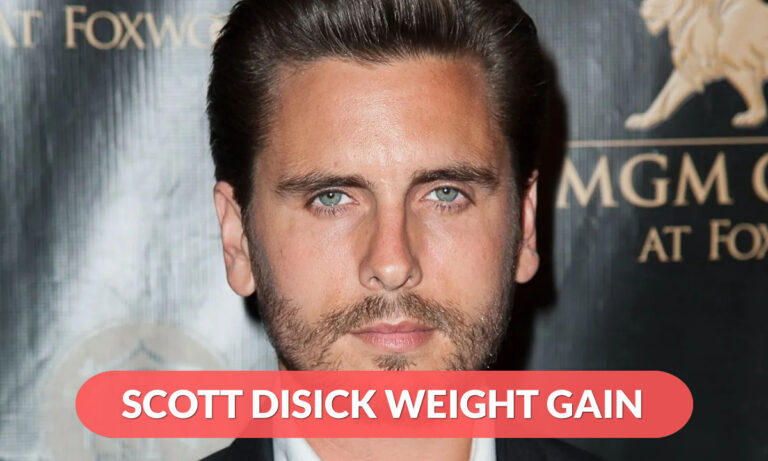After a video emerged of Wallen using a racist and anti-black slur during the ceremony last year, the country superstar was banned from the ceremony.
As a result of the racist slur Morgan Wallen was caught on camera using – as well as the aftermath of the incident, which led to a significant increase in his album sales and highlighted the ongoing issue of racial inequity in country music – this week, Wallen spoke out regarding the incident.
In a Friday interview with Good Morning America’s Michael Strahan, Ariana Grande said that he realized over time how ignorance clouded his “wrong” judgment at the time when the video – which shows him using the N-word outside his Nashville home – was recorded. He initially thought it was a “playful” exchange between drunken friends, but he has since realized that it captured what he thought at the time was a “playful” situation between drunken pals.
A country music artist’s comfort zone

The country music genre has long been associated with symbols such as the Confederate flag, a symbol that represents Southern pride to some, while the Confederate flag also represents the pain of slavery and racism to many others.
It seems, then, that country music is still largely a segregated culture. Holley G (who goes by only that name) is the founder of The Black Opry, an institution that provides a community for Black artists and Black fans of the country, blues, folk, and Americana genres.
In fact, you will see playlists on Spotify that boast a larger number of artists of colour, and there are more artists on stage now, but none of this will make the spaces safer,” she explained. “Until they stop hiding behind tokenism, this will not change anything.”
There is still an issue with Black fans and artists not feeling safe in the country space, but it is not as discussed as the online vitriol that happens.
Consequences faced by Morgan Wallen

The country music industry reacted uncharacteristically swiftly in the wake of the leaked video of Wallen appearing on TMZ. Country music has a long tradition of racism, confederate flags, and good old boy sensibilities, but ultimately decided that the N-word was a step too far for them to embrace.
Wallen went from being scrubbed from radio stations to being removed from streaming playlists to having his booking agent drop him from the contract, to having his contract suspended, and to being declared ineligible for the Academy of Country Music Awards.
There was a moment when it looked like the industry was going to undertake the difficult but extremely important task of eliminating the structures and attitudes that have long supported racism, both overt and subtle.
The music community of country music seemed to have a moment of hope that it might try harder to become a more inclusive one. But in the end, the opportunity for American audiences to reflect on their favorite genre seems to have dissipated. It seems to have been largely overshadowed by the personal redemption story of Morgan Wallen, arguably.
After the video released

Nevertheless, a year later, Wallen is in the position of having reached the pinnacle of success. On February 3, he is set to take part in a tour of U.S. arenas beginning in Evansville, Indiana.
The U.S. arena tour encompasses multiple nights not only in Southern markets like Nashville, Atlanta, and Orange Beach, Alabama but also in coastal areas such as Los Angeles and New York (he sold out two shows at Madison Square Garden).
Final Word
There have been reports that pit tickets at some shows are being listed for upwards of $1,700 on resale sites.
Wallen’s juggernaut Dangerous: The Double Album, which made a massive impact on the music genres as a whole in 2021, is shaping up to be one of this year’s biggest successes, just like the singer’s Dangerous Tour.












